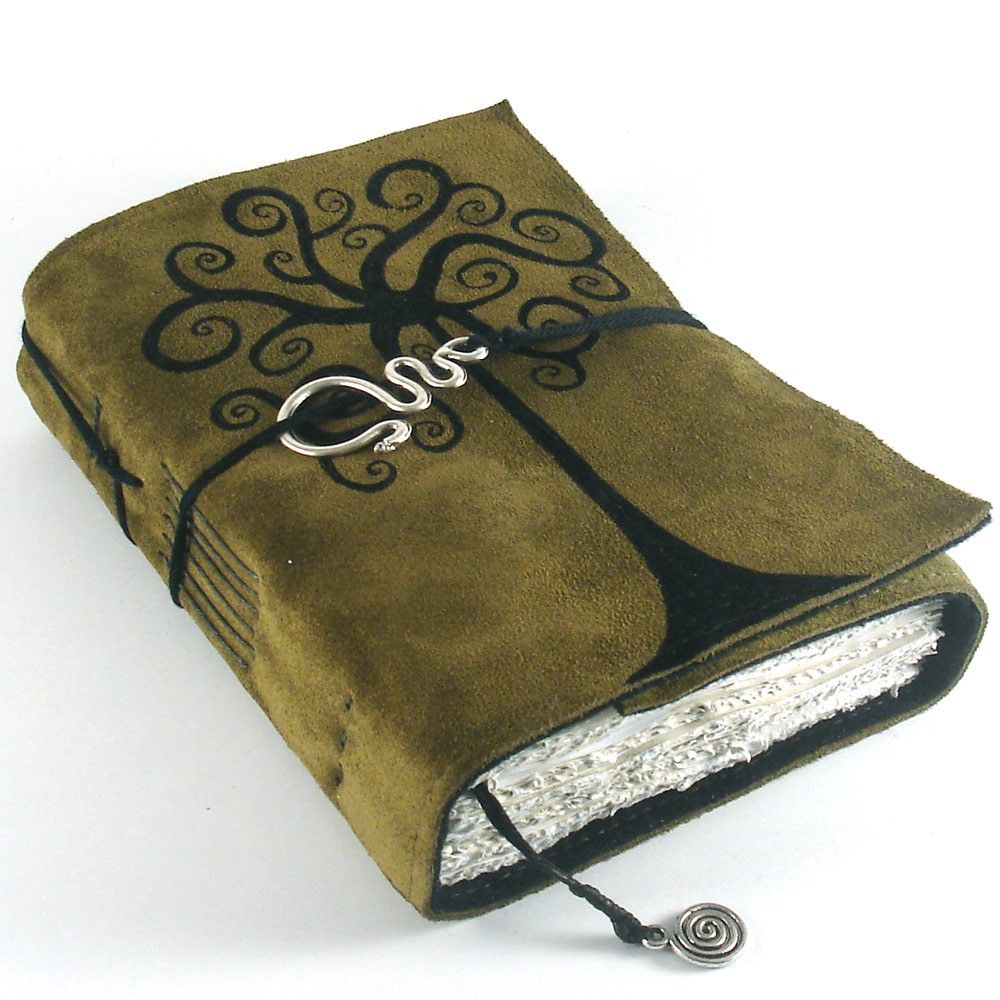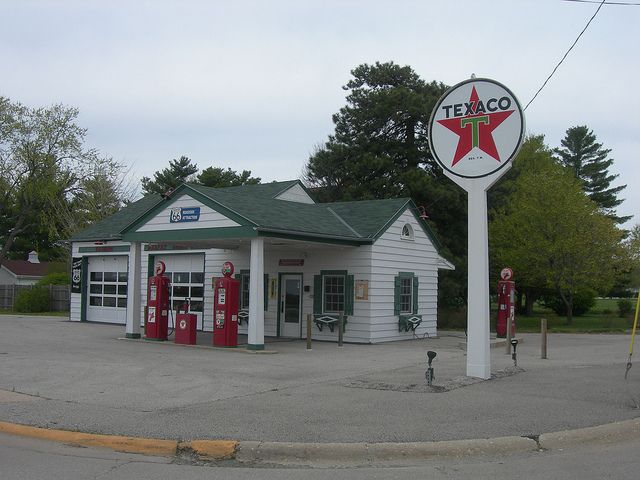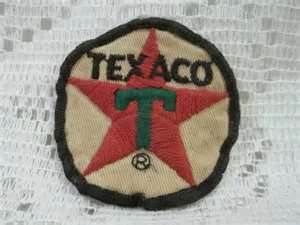.

The inauguration speech the president delivered was as eloquent as usual, it still lingers. I’ve reread it several times now and continue to be absorbed by this passage;
.
We, the people, declare today that the most evident of truths — that all of us are created equal — is the star that guides us still; just as it guided our forebears through Seneca Falls, and Selma, and Stonewall; just as it guided all those men and women, sung and unsung, who left footprints along this great Mall, to hear a preacher say that we cannot walk alone; to hear a King proclaim that our individual freedom is inextricably bound to the freedom of every soul on Earth.
.
Drifting back into my own early history there were some significant markers, profound and perception altering events that would rearrange everything I knew, memories that remain vivid to this day. I’d like to tell these stories from the perspective of the kid I was then, try and recreate the time and the place and the mood.
I was born in 1955.
As a kid it wasn’t often that I got to see my father, in fact it was rare. Silently shaved and showered he even managed to shut the aluminum storm door without the inevitable rattle, start up his ’62 white Coupe DeVille which was parked in the driveway just beyond my bedroom window and leave well before daybreak. The roar of that huge engine never did wake me up, somehow it shifted into park every night without notice too.
With so few happy experiences of the time he was home, it wasn’t long before I just expected his absence, even secretly hoping for it at the foot of my bed during my nightly prayer.
Although it was never adequately explained (precious little was) why he was never home and what he did while he was away, the clues were there. Grease stained workboots occupied several brown speckled linoleum treads on the basement stairway, the constant low rumbling of the washing machine and my mom dutifully trudging basket after basket of oliveish green pants and shirts up the steep back stairs, hanging them to dry on the clothesline in our backyard. Sometimes she would ask me to hand her the wooden spring loaded clothespins and I would have ten at the ready, one clipped to each finger.
I always traced the outline of the
stitched red star patch of the shirts
as they hung in the warm breeze, for
some odd reason I really loved that
bright red star.
There are sounds we came to expect as kids living exclusively on our perfect suburban street; an occasional bark from a neighbor’s dog, kids giggling or the thwack of a baseball bat. The best sound at the end of a hot summer afternoon was the instantly recognizable come and get it chime and loud generator of the Carvel soft serve ice cream truck, or the blinging bells of The Good Humor Man, which immediately set off an instant kid pandemonium.
The sound of vehicles was very distinctive and consigned to memory, if you heard your dad’s car engine you knew it was time to go home, the Carvel chime meant you had to find your mom and plead for a quarter for that chocolate-vanilla swirl cone.
What ended up in our driveway just after lunch one day was a vehicle that none of us kids recognized, the loud sputtering pierced the quiet as it sped down the street and stopped short with a screech, announcing itself with a high pitched Beeep, Beeep, Beeep! We all stopped playing, rushed over and out of the doorless vehicle jumped, of all people, my father who none of my friends had ever seen, wearing the familiar green pants and shirt with the red star patch smiling like I’d never seen him smile before.
This vehicle was a classic Army issue, Willy’s Jeep painted flat black with no top, no doors or windows except the greasy windshield, torn bucket seats and a stick shift between them and I was told to get in. So I did and instantly became the envy of all my friends and as we lurched out of the driveway, my dad pretended not to notice my mom as she stood screaming at him from the side stoop.
I spent the last weeks of that summer at my dad’s Texaco station, wiping windshields, having my head patted as I pumped gas inhaling the intoxicating gas fumes and listening for the ding…ding… as every dollar rolled by on the pump gauge.
I collected money and got plenty dirty and if there is a heaven, I was there.

.
The timing of what happened after I resumed school is unclear but I do remember not seeing my dad for a long time. His sudden, unannounced reappearance on Christmas Eve, a holiday my mom revered and he dismissed, loaded with presents and luggage did not turn out quite as he planned, when at the doorway stood a short man wearing an ill fitting suit and carrying a single travel case. He was introduced to us as Sensei Ushiro, bowed profusely as he shook our hands and was escorted to the basement where we were told he would be living, indefinitely.
Predictably, all hell broke loose.
Soon after my few weeks spent at the Texaco station it was sold and with the proceeds and a plan, my dad moved himself to Okinawa, Japan. There he studied Karate and Judo with some of the masters of the two disciplines earning himself a half brown belt, which in those days under those teachers was no small accomplishment. He convinced Sensei Ushiro to return to the states with him to open a school, a dojo where the discipline could be properly taught by a master, Sensei Ushiro and himself.
Despite his many flaws my dad was decades ahead of his time, the school became known quickly as the epicenter of the sport and garnered some headlines too. I was eventually convinced and coerced to join the school because according to my dad I was too sensitive, too tentative, afraid of everything that moved.
Of course in his delusional, diagnosed violent schizophrenic mind, it hadn’t occurred to him that it was him that I was afraid of, it was his irrational outbursts of anger and violence that was the source of everything I feared. His new chiseled physical stature and prowess was a source of great pride to him, for us, the fact that he could now kill a human being with a well placed thumb to a temple was not anything to celebrate.
It came time to put my Karate training to the test in a tournament held at the school and attended by hundreds. I hated going to the school every Saturday, I hated the physical contact that often resulted in people getting seriously hurt. I learned well, I was always athletically talented and when I had my live match in the middle of the dojo with a kid who had become my friend, I broke his nose and he crumpled to the floor, unconscious. The crowd erupted in cheers as I bowed down in respect as is the custom but I was in shock and nauseated.
I remember the tears streaming down my cheeks as I accepted the half green belt and my trophy. I quit the next day.
I’ve only hit one other person since then. He was one of two twin bullies who terrorized the Brooklyn neighborhood I eventually moved to. He was twice my weight, he came at me and I struck him right in the heart and he went down in a heap and turned blue. I felt pretty sick about that too, even though it was justified at the time and the bullying from the twins ended that day.
.
.
Our homelife eventually settled down and the familiar pattern of my father’s absence was again the norm. The Sensei was home more often and much of his time was spent with me, in my bedroom. It was my sanctuary, the place I felt safe and it was chock full with everything to do with war. I was a Civil War and World War II afficianado, devouring every book I could get my hands on, every model I could build, every plastic soldier army I could amass. There were battle enactments permanently set up on the floor, planes hung from the ceiling and all my plastic rifles and gear was conspicuously displayed, everywhere.
The Sensei would sit crosslegged on the floor while the battles raged, the sound effects of every gun, tank and plane added by me perfectly mimicked the sounds I’d heard from so many war movies. He would occasionally talk with me about how I felt, why I enjoyed playing war so much. He was never judgmental but his broken English would inhibit his conversation.
One of my favorite soldiers was a Marine armed with a flame thrower, he was all green and had the tank strapped to his back. The Whhoooosh! that I learned from movies was my favorite sound effect, it was also the weapon I used when I wanted to kill all the Japanese soldiers hiding in the makeshift caves I built.
Whooosh! Whooosh! I felt a tap on my shoulder, the Sensei raised both his hands as if to say stop, so I did. He got up and began removing his shirt, then his undershirt and pants. He stood there for a moment then bent down and picked up the flame throwing marine and pointed at his body. I sat there with my mouth open shocked at what his skin looked like, even now it would be near impossible for me to describe the scars that covered every inch of his exposed skin.
He explained to me that he was one of the last Japanese soldiers to be taken out of the caves on Okinawa near the end of World War II. He opened my Encyclopedia Brittanica to the pages describing what happened so I would fully understand. He showed me his feet that barely had toes and his hands that barely had fingers.
I remember his leathery hands cupping my face.
Sensei Ushiro was the fiercest man in the dojo, a black belt master in the discipline of self defense. He was also the most serene human I have ever met. When he performed his Katas or forms like the one in the video posted above, he used the wooden staff too with virtually no fingers or toes. To watch him perform was a miracle, he was a master at his craft and an incredible human being who showed that little boy firsthand, the horrors of war.
It’s a lesson I hold deeply to this day.
.
.

50 comments